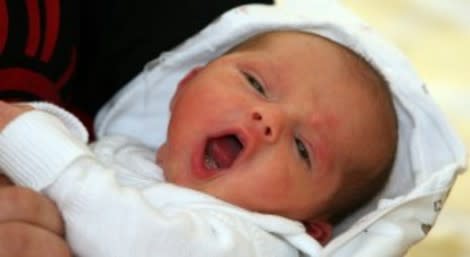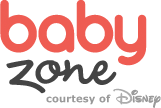Why Aren't Baby Girls Given Their Mothers' Names?

My mother-in-law's name is Edith. Her mother's name, not coincidentally, was also Edith.
"She liked her name," Edith said of her late mother, a tall woman often called "Big Edith" in contrast to her daughter, "Little Edith." (No relation to the Big and Little Edies of "Grey Gardens" fame.) "She wasn't quite sure what to call me, so she named me after herself."
A new study has confirmed what I've long suspected: When it comes to women being named after their mothers, my MIL doesn't have much company.
"Everyone probably knows a guy who is a 'junior,' given the exact same name as his father, and many know someone who is 'such-and-such the third,' having the same name as both his father and his grandfather," Ryan Brown, an associate professor of sociology at the University of Oklahoma, said in a statement announcing the results of the study. "But when was the last time you met a woman who had the same name as her mother, much less the same first and middle names as her mother, like Sally Anne Jones, Jr.?"
Related: 12 British Names That Are So Stuffy, They're Cool!
Brown and his colleagues studied naming trends and attitudes toward patronyms and matronyms--names stemming from one's father or mother, respectively--in the US.
They found just one name, Elizabeth, that appeared to commonly be used as a matronym.
"Perhaps one of the reasons for this name's greater inter-generational use is that there are so many nicknames based on the name Elizabeth: Liz, Lizzy, Beth, Eliza, Lisa, Betty, etc.," Brown said. "So a girl named Elizabeth could be given her mother's name, and most people might not even realize it."
Patronyms, of course, were more common, especially in Southern and Western states considered to have "cultures of honor"--societies that place great value on men's reputations for being tough and brave.
"The greater use of patronyms in these cultures reflects and transmits the value of masculinity and the male name," Brown said. "A person's name, after all, is what people call that person, but it also represents that person's reputation--how he or she is known in a community--and all of the respect, status or infamy that goes along with that reputation."
The fact that female children don't typically inherit their first names--and the reputational benefits that come with them--may reflect an underlying sexism, the study report suggests.
"The preference for naming boys after their male forebears underscores the special value placed on boys and suggests that male babies are considered to be more important than female babies in honor cultures," Brown and his colleagues wrote in their report, published in Personality and Social Psychology Bulletin.
"Women who once could only strive to work as nurses, teachers or librarians can now aspire to be astronauts, brain surgeons or senators," Brown said. "But don't expect anyone to give a girl her mother's name."
I doubt my MIL's mother thought she was striking a blow for gender equality when she decided to name her daughter after herself though it's worth noting that she also used my MIL's two grandmothers' names--Mary and Anne--in creating Little Edith's middle name: Mary Anne.
Little Edith, better known today as Edie, is happy with all her names.
"She took the names of everybody and gave them to me," she told me. "I felt honored."
- By Alice Gomstyn
For 20 fandom inspired baby girl names, visit BabyZone!
MORE ON BABYZONE
The 6 most popular inherited names
What should we name our baby girl?
20 girl names inspired by comic books

